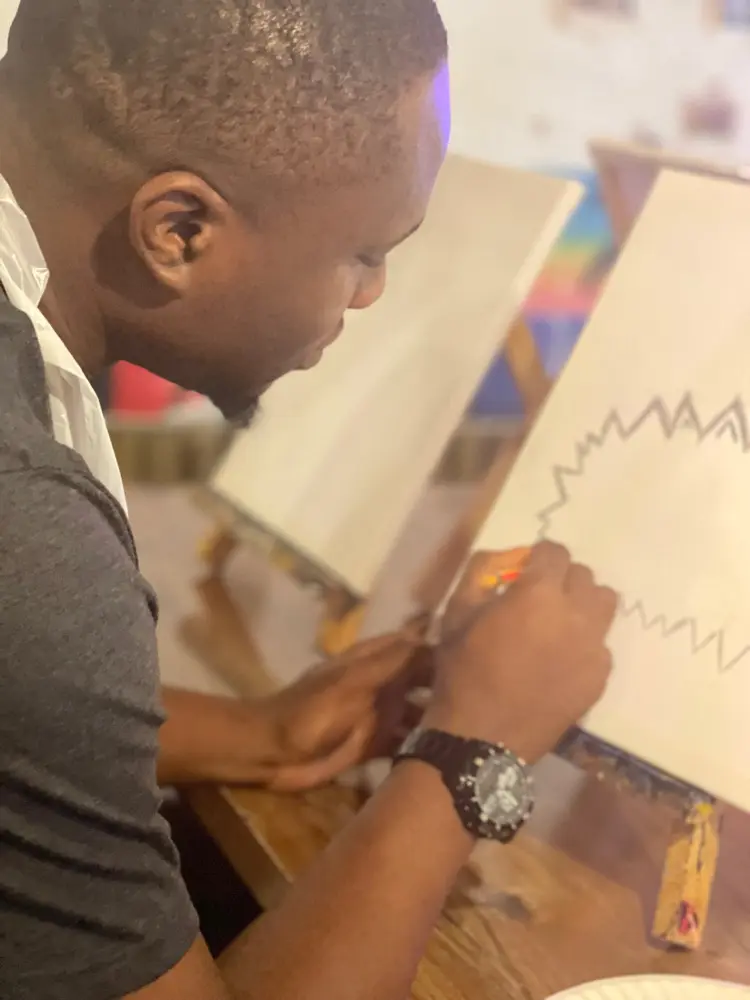
Stroke: The Silent Killer in Nigeria
israel makanjuola@israelmakanjuola201558
1 year ago
It was a quiet afternoon in Abuja, and Mr. Adamu had just finished his usual errands. At 63, he prided himself on his strength—his friends even called him “iron man.” Like many Nigerian men, Adamu believed his body was built to last, and small aches were nothing to worry about.
But that day, something changed.
As he sat with friends, his left arm suddenly felt heavy, almost numb. He tried to move it, thinking he just needed to stretch, but his leg soon stopped cooperating too. He noticed a cold sweat on his forehead, and when he spoke, his words didn’t come out clearly. It felt strange, but surely, he thought, it was nothing serious. A man like him, still active and full of life, couldn’t be facing something major.
He downplayed these warning signs, as many people do. The arm numbness, the slurred speech, and the sudden weakness—Adamu brushed them off as temporary discomfort. But these were all classic signs of a stroke.
Minutes later, he collapsed.
This is the harsh reality of stroke in Nigeria. It’s a silent killer that many fail to recognize in time. High blood pressure, poor diets, smoking, and lack of exercise are leading causes, but the symptoms often creep in quietly. People like Adamu, who dismiss the early signs, often face the most devastating consequences.
We often talk about diseases like malaria and heart disease, but stroke remains one of the most silent and dangerous threats to our health. It can strike without warning, leaving lives forever changed in its wake.
Recognizing the signs early—numbness, confusion, difficulty speaking, or sudden weakness—can make all the difference. Stroke is silent, but the impact is undeniable. It’s time to start paying attention to the symptoms we so often overlook.
#StrokeAwareness #HealthInNigeria #SilentKiller #PreventStroke #KnowTheSigns #HealthyLiving #StrokePrevention #TakeAction

